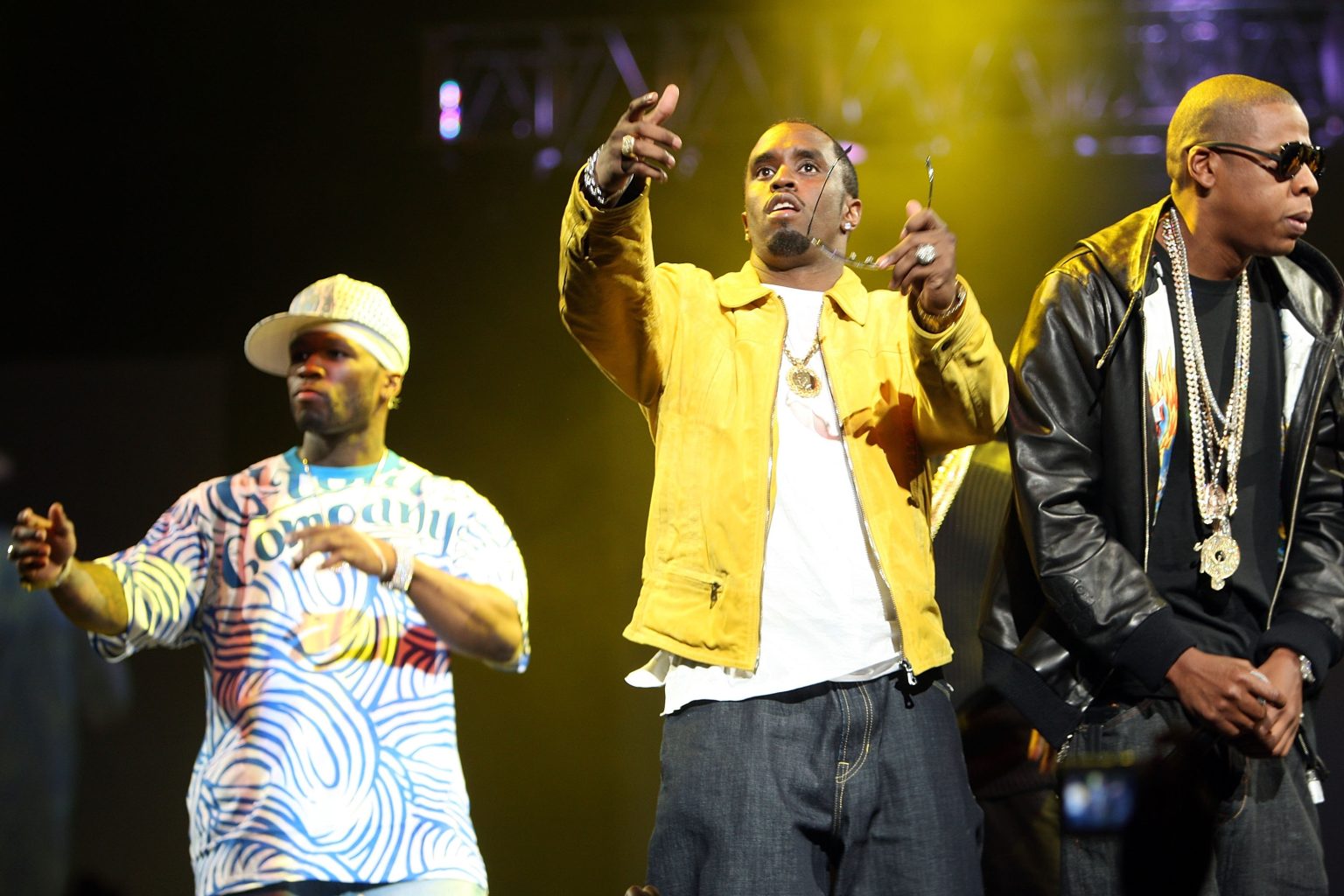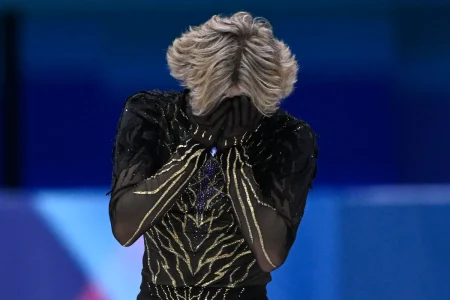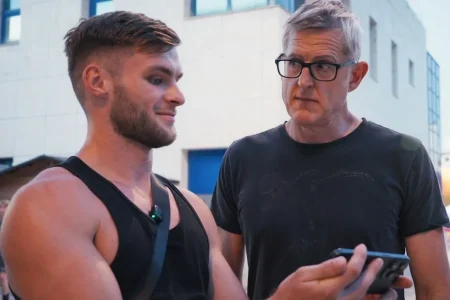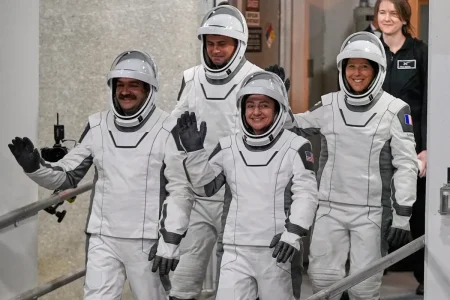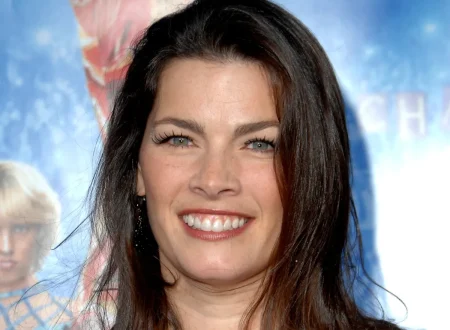Curtis “50 Cent” Jackson, a prominent figure in the rap industry, ignited a social media firestorm by posting an AI-generated video mocking fellow rappers Sean “Diddy” Combs and Shawn “Jay-Z” Carter. The video, set to the backdrop of KRS-One’s “Sound of Da Police,” depicts the two moguls in formal attire, wine glasses in hand, being abruptly arrested at a lavish party. The scene unfolds with uniformed officers escorting the visibly shocked Combs and Carter out of the venue, into a police car, and ultimately, a jail cell. Jackson’s caption, expressing both a desire to share the video and a fear of repercussions, further fueled the controversy.
The video’s release followed recent legal troubles for both Combs and Carter. Combs is currently incarcerated, awaiting trial on charges including trafficking and racketeering. Carter, meanwhile, faces allegations of raping a 13-year-old girl in 2000, a claim he vehemently denies. This incident, allegedly occurring at an afterparty for the MTV Video Music Awards, resurfaced in an amended lawsuit that explicitly named Carter as an alleged attacker. His legal team has responded by demanding that the accuser reveal her identity or face dismissal of the case.
Jackson’s post drew a mixed reaction from his followers. Some praised his comedic timing and innovative use of AI, while others criticized his apparent relish in the misfortune of his contemporaries. Accusations of hypocrisy and betrayal surfaced, with some questioning his past association with the two rappers. The incident highlighted the complex relationships within the hip-hop community, where camaraderie and rivalry often intertwine. The controversy also underscored the power of social media in amplifying personal disputes and transforming them into public spectacles.
The ongoing legal battles of Combs and Carter have become fodder for public discourse, with Jackson’s video adding another layer of complexity. Combs, who has pleaded not guilty to all charges, faces a daunting legal challenge. The seriousness of the allegations against both rappers contrasts sharply with the seemingly frivolous nature of Jackson’s AI-generated video, prompting questions about the appropriateness of his response. While some might view it as harmless satire, others consider it a callous exploitation of serious legal matters.
Beyond the immediate controversy surrounding the video, the incident reveals a larger narrative within the hip-hop industry. Jackson’s history with Combs is marked by a series of public spats and online trolling. This pattern extends beyond simple mockery, as Jackson is also reportedly producing a docuseries focusing on Combs’s legal troubles. The series, currently in negotiation with Netflix, promises to delve into the accusations against Combs and explore the broader context of hip-hop culture.
This docuseries, directed by Alexandria Stapleton, aims to offer a balanced perspective, recognizing the gravity of the allegations while simultaneously acknowledging Combs’s contributions to hip-hop. The project’s stated goal is to provide a voice to the voiceless and offer nuanced insights into a complex situation. The series raises important questions about the intersection of celebrity, legal proceedings, and public perception. While the production seeks to illuminate the truth, it also risks perpetuating the drama surrounding Combs. The balance between investigative journalism and sensationalism remains a delicate one. It remains to be seen how the docuseries will navigate this complex terrain and contribute to a more comprehensive understanding of the events surrounding Combs and his legacy within hip-hop.





